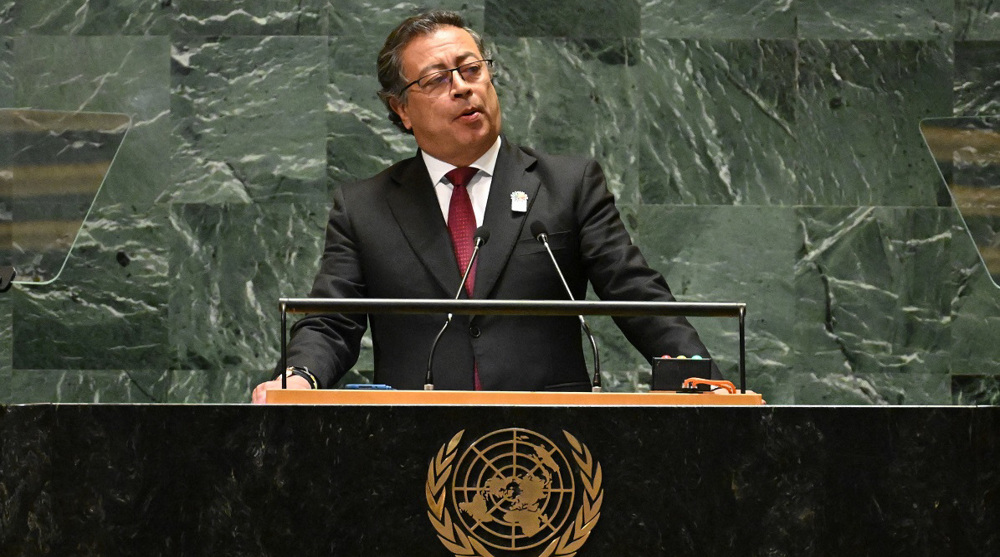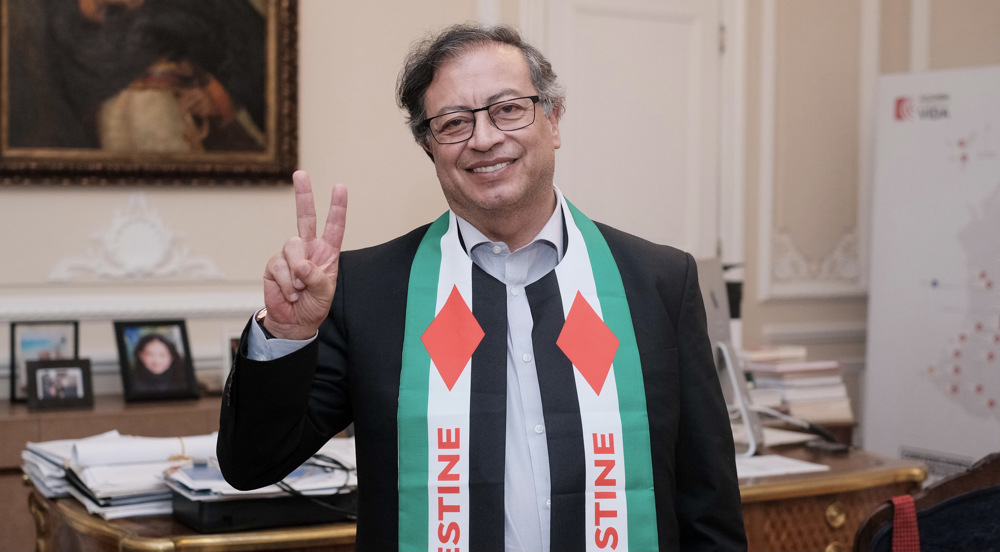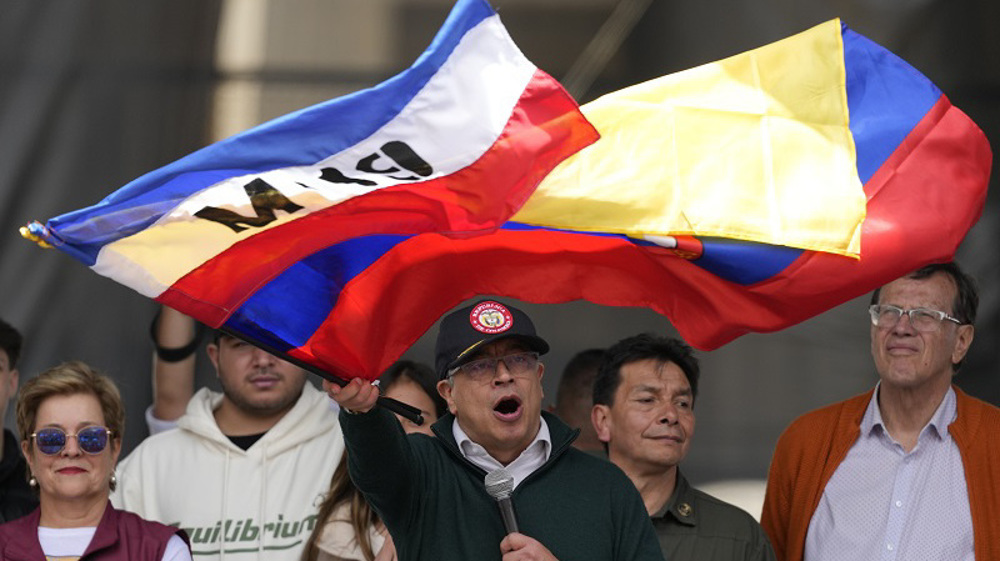EU suspends Colombia fund over rejection of peace with rebels
The European Union (EU) says it will withhold development funding earmarked for Colombia in the wake of the Colombian people’s rejection of a government peace deal with the South American country’s main rebel group in a referendum.
The bloc announced on Wednesday that it would suspend the nearly 600 million euros it had promised Bogota in order to assist the Latin American country for upholding the historic peace deal with the Revolutionary Armed Forces of Colombia (FARC).
“Obviously, in the current situation we cannot continue with the launch of this fund,” said Slovakia’s Minister of Foreign and European Affairs Ivan Korcok, who is also the president of the Council of the EU, in an address to the European Parliament.
He insisted that the “EU engagement in the Colombian peace process will carry on,” adding that 11 countries had committed to the proposed fund.
A peace in purgatory
The landmark peace deal was signed by Colombian President Juan Manuel Santos and FARC leader Rodrigo Londono in Cartagena on September 26, following four years of negotiations in Havana, Cuba, and after 52 years of armed conflict in the country that has killed over 220,000 people and left 45,000 missing.
The deal was astonishingly rejected, however, when Colombian voters struck it down in a referendum with a margin of merely 0.4 percent on Sunday. The result is largely blamed on Santos’ top political rival, former president Alvaro Uribe, who spearheaded the “No” campaign.

Uribe’s right-wing Democratic Center party, which claims that the terms of the deal are too lenient with the militant group, wants jail terms for those FARC rebels who have committed serious crimes and some of the rebel leaders to be banned from politics.
Meanwhile, after more than three hours of talks between Santos and Uribe on Wednesday, the latter said in remarks that seemed toned down that there had to be “adjustments and proposals” in the accord to ensure it satisfied all Colombians.
Under the current circumstances, it seems that the Bogota government and FARC will engage in renegotiating the deal.
Saving the deal
Thousands of people in Colombia have already staged peaceful demonstrations in support of the deal.
The crestfallen Santos, whose tenure will end in mid-2018, however, has vowed to save the deal and continue seeking peace “until the last minute of my term.” As part of such attempt, Santos extended a ceasefire with FARC until October 31. Under the deal, the ceasefire would have been permanent.

FARC has also said it would maintain the truce, which was put in place over a year ago, and “remain faithful” to the peace accord signed last week with the government, with its leader saying he was prepared to “fix” the rejected deal.
Elsewhere in his remarks, Korcok, the president of the Council of the EU, said the bloc would not reverse its decision to “suspend” the rebel group for six months from its “EU terrorist list.” FARC has been on the list since June 2002.
“After the referendum, the FARC did not denounce the peace accord they had signed. In fact, they confirmed their desire to continue to search for a peaceful solution,” he argued.
On September 27, a day after the deal was signed, the EU announced that it had suspended the application of its sanctions, including the freezing of assets, against FARC.
VIDEO | Yemeni forces repel US-British attack, down F-18 Jet
Iran’s capabilities vast; enemy’s ‘maximum pressure’ policies all failed miserably: Senior official
Iran’s economy grew 2.7% y/y in Sep quarter: CBI
VIDEO | Freelancers in Gaza strive to stay online amid genocide
Mikati demands Israel's withdrawal from south Lebanon
Yemeni army strikes Israeli military sites with drones
‘Clock ticking’: UNRWA slams unjustifiable killing of children in Gaza
BP to be sued in Britain for supplying oil to Israel












 This makes it easy to access the Press TV website
This makes it easy to access the Press TV website